Be the Expert and more! – learn to influence
On a day to day basis we work with a lot of experts. Food technologists, research scientists, quality specialists, engineers, demand planners, procurement specialists, production managers, technical sales specialists. The list goes on. Being an expert within your industry or organisation is a key factor in getting ahead in your career.
In today’s organisations however expertise alone doesn’t count. In essence you need to be seen to “get things done”, and this is where a lot of technical people can come unstuck, we rely too often on the facts, the stats or the detail and forget how to influence to achieve results.

There is clear value in having influence at work, you get more done and advance projects you are responsible for and ultimately this leads to being more noticed. It is useful to recognise that it is harder today to gain influence in the modern work environment because people are more distracted. They are overloaded with information and have lower attention capacity. And yet it is more important than ever to command influence because of the increased pressure on results. We simply must get things done.
Some tips on building influence to get things done
We all need to be more conscious about doing these things.
Listen up and ask questions.
Most of us run around with to-do lists in our heads and it shows, we are often distracted or preoccupied and ready to reach for our phones when talking to others. Develop a discipline of focus when talking to people and they will be more ready to back you and adopt your idea. Another guideline is to ask questions as often as you make statements, so your recognised style is synonymous with inquiry and dialogue.
Build more connections.
This is simply about building better and wider rapport with your colleagues. In today’s busy work environment, you want people to at least hear you out and not switch off soon after you start talking. Work on “personal connections” with your colleagues, allow them to get to know you so the next time you are needing their support they will have positive intentions or motives towards you.
Mind your body language.
We all make judgements about people from the way they appear and act. We have a lot of hard wiring which leads to us naturally assessing whether we trust a person or not. Often this relates to how they look and behave so don’t forget about your body language and use it to convey the right message.
Give people what they want.
Increase your influence by authentically reframing an issue into a benefit to the people you want on your side. What are their needs, perspectives and temperaments? Do some homework and find out what they need to hear and what will capture their attention. For each person you must answer the question “What’s in it for me.”
Map your strategy.
Its not scheming its strategising. Create an org chart of decision makers related to your project or issue. Consider at each level if you can influence or do you need others to influence on your behalf.
Be Consistent.
Consistency at work means to always meet or exceed expectations. Your level of consistency manifests most obviously in whether or not you keep your promises and meet your commitments. People will more likely support others they feel can be relied on so do things like arriving when you say you are going to, being consistently open and communicative, and meeting deadlines.
So to be more successful at work today we all need to be more influential. For most of us it requires us to be more conscious of our sub-conscious. We need to think and be more proactive in doing the things that lead to people supporting what we want to achieve at work rather than relying on the natural way we behave and hoping for the best.
